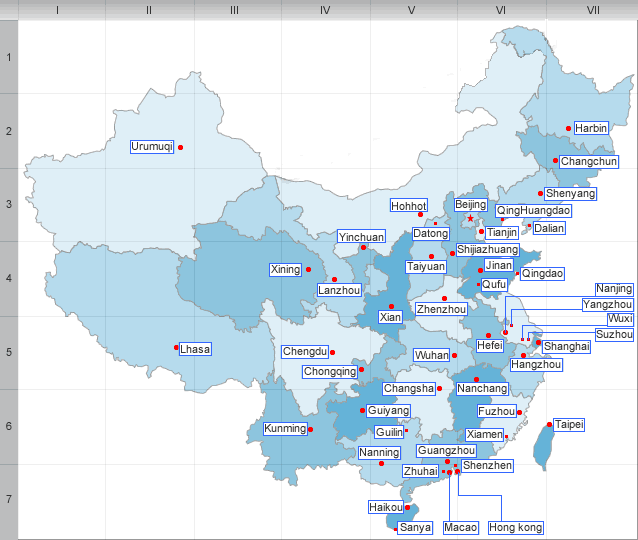Languages,Music and Cuisine of Zhejiang
Languages
Zhejiang is mountainous and has therefore fostered the development of many individual localized cultures. Linguistically speaking, Zhejiang is extremely diverse. The inhabitants of Zhejiang speak Wu, a subdivision of spoken Chinese, but the Wu dialects are very diverse, especially in the south, where one valley may speak a dialect completely unintelligible to another valley a few kilometers away. Non-Wu dialects are spoken as well, mostly along the borders; Mandarin and Hui dialects are spoken on the border with Anhui, while Min dialects are spoken on the border with Fujian. In addition, Standard Chinese (Putonghua/Mandarin) is also spoken by most people.
Music
Zhejiang is the home of Yueju, one of the most prominent forms of Chinese opera. Yueju originated in Shengzhou and is traditionally performed by actresses only, in both male and female roles. Other important opera traditions include Yongju (of Ningbo), Shaoju (of Shaoxing), Ouju (of Wenzhou), Wuju (of Jinhua), Taizhou Luantan (of Taizhou) and Zhuji Luantan (of Zhuji).
Cuisine
Longjing tea (also called dragon well tea), originating in Hangzhou, is one of the most prestigious, if not the most prestigious Chinese tea. Zhejiang cuisine (itself subdivided into many traditions, including Hangzhou cuisine) is one of the eight great traditions of Chinese cuisine.
| PREV:Economy of Zhejiang Province | Next:Tourism of Zhejiang Province |



